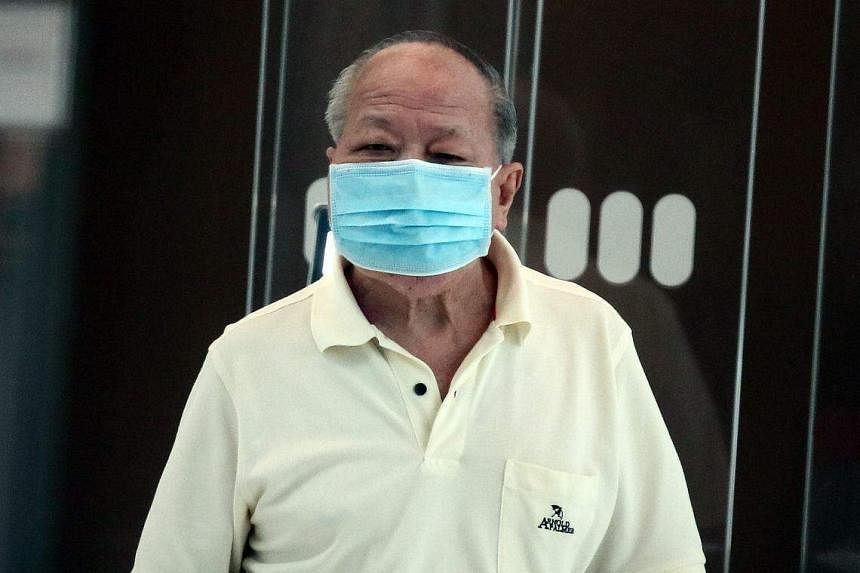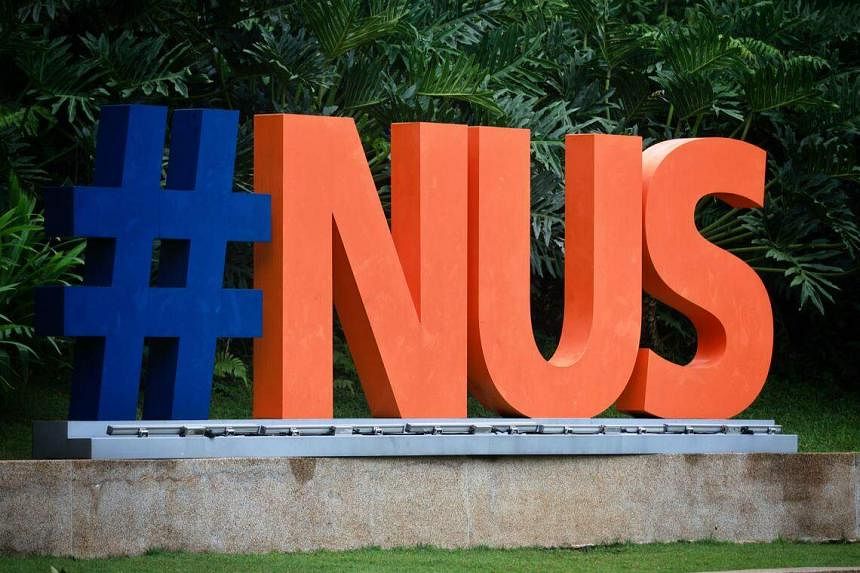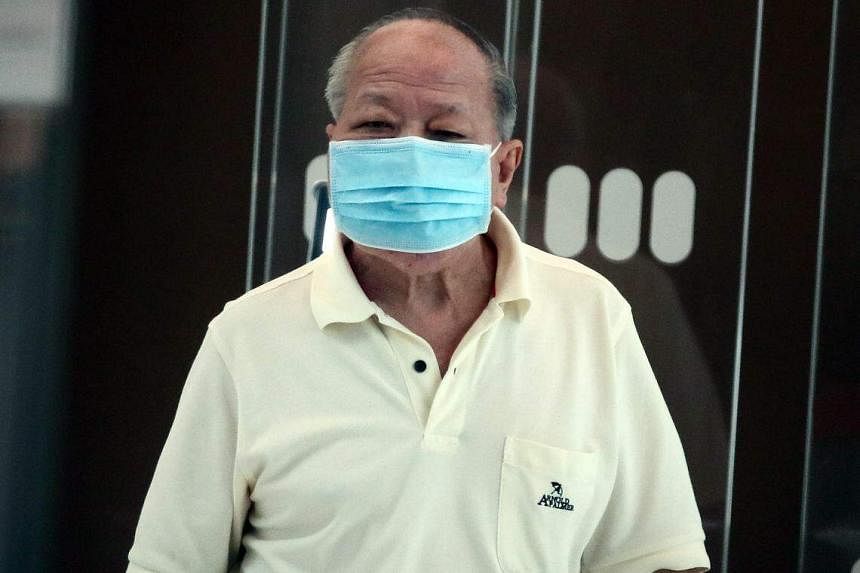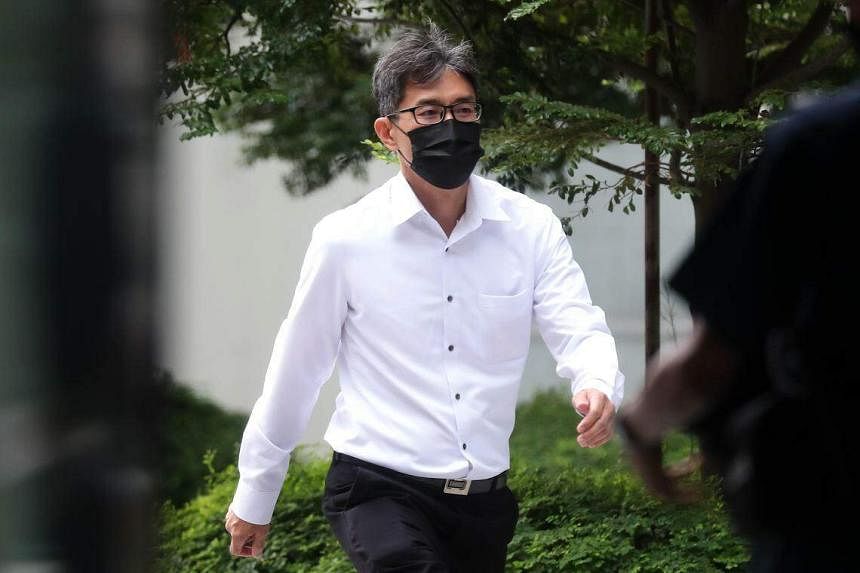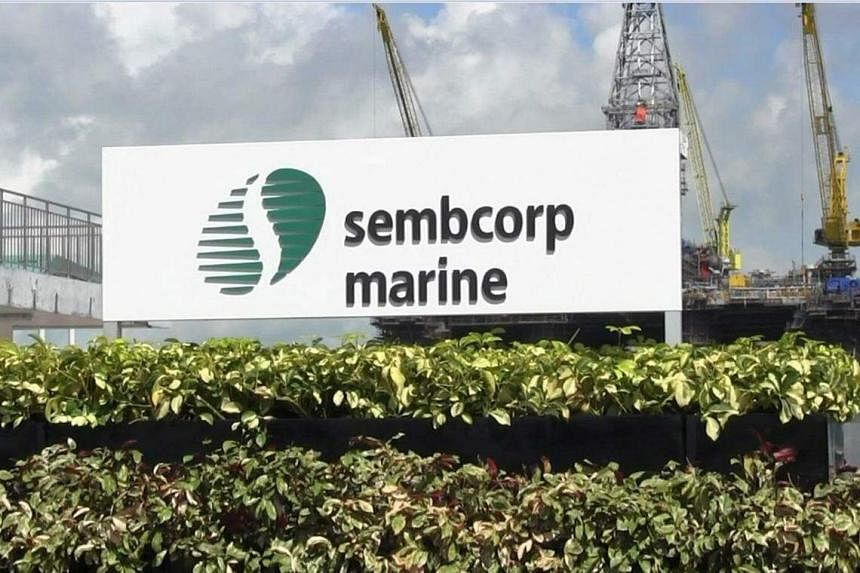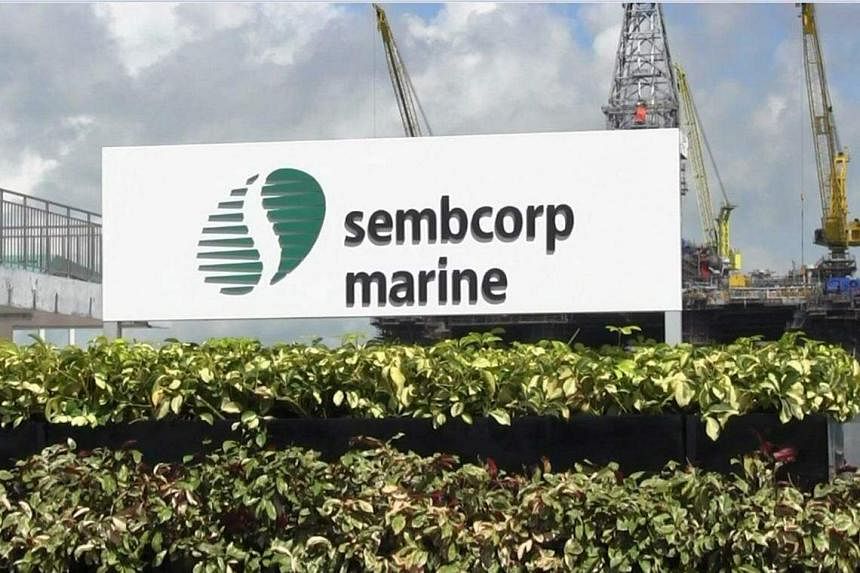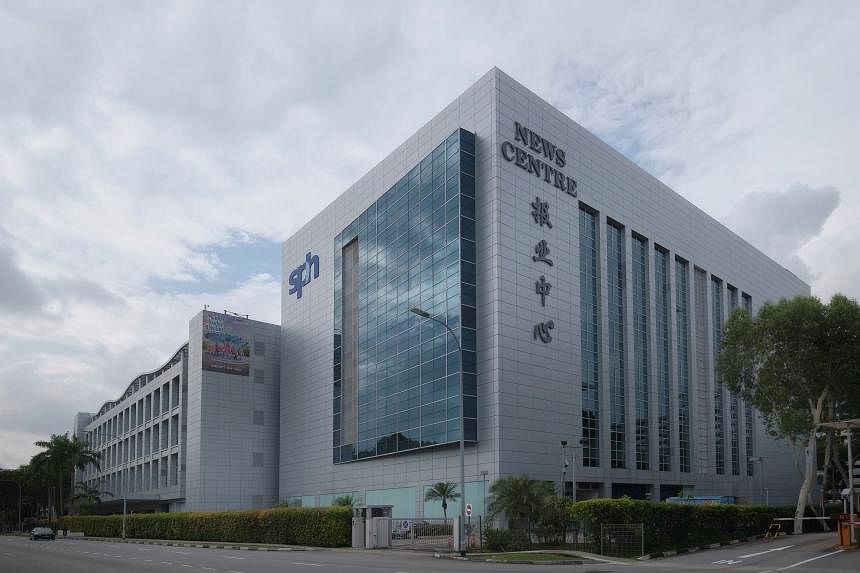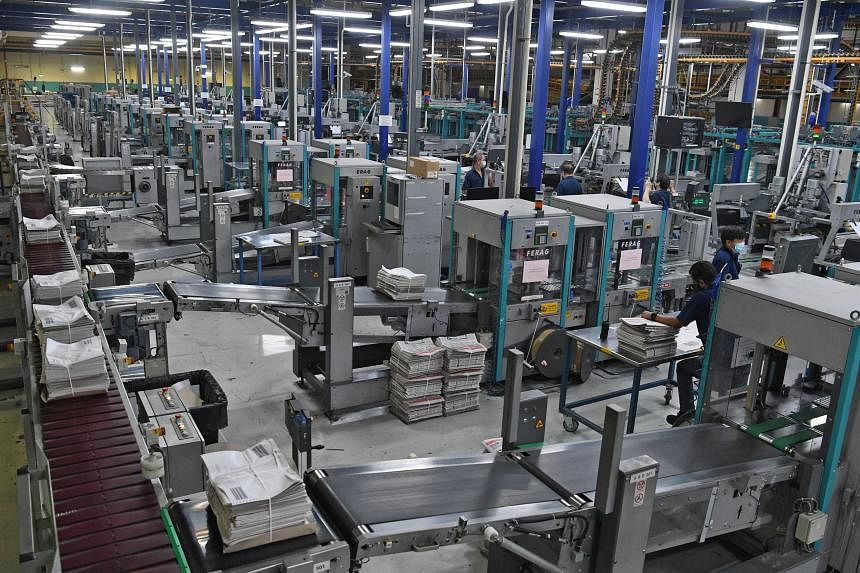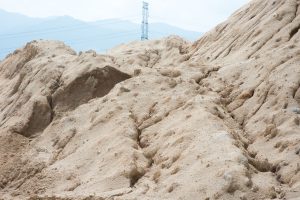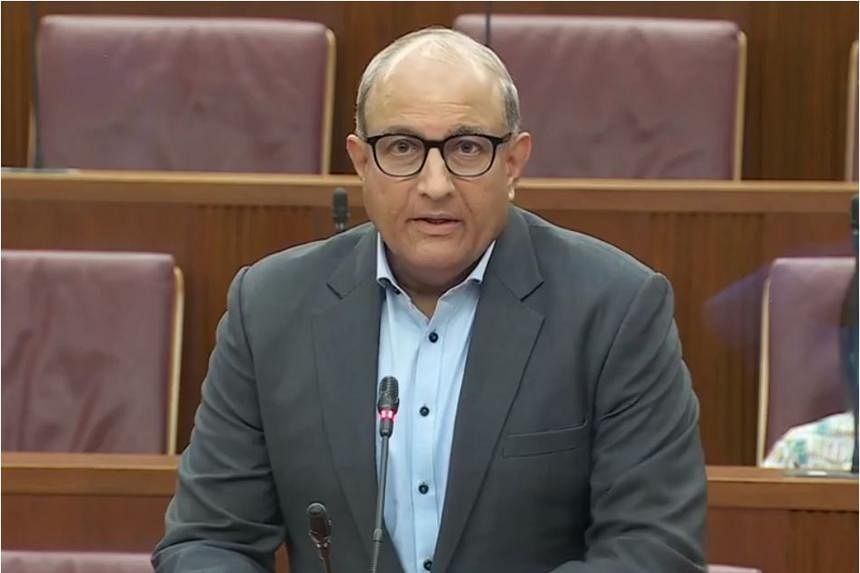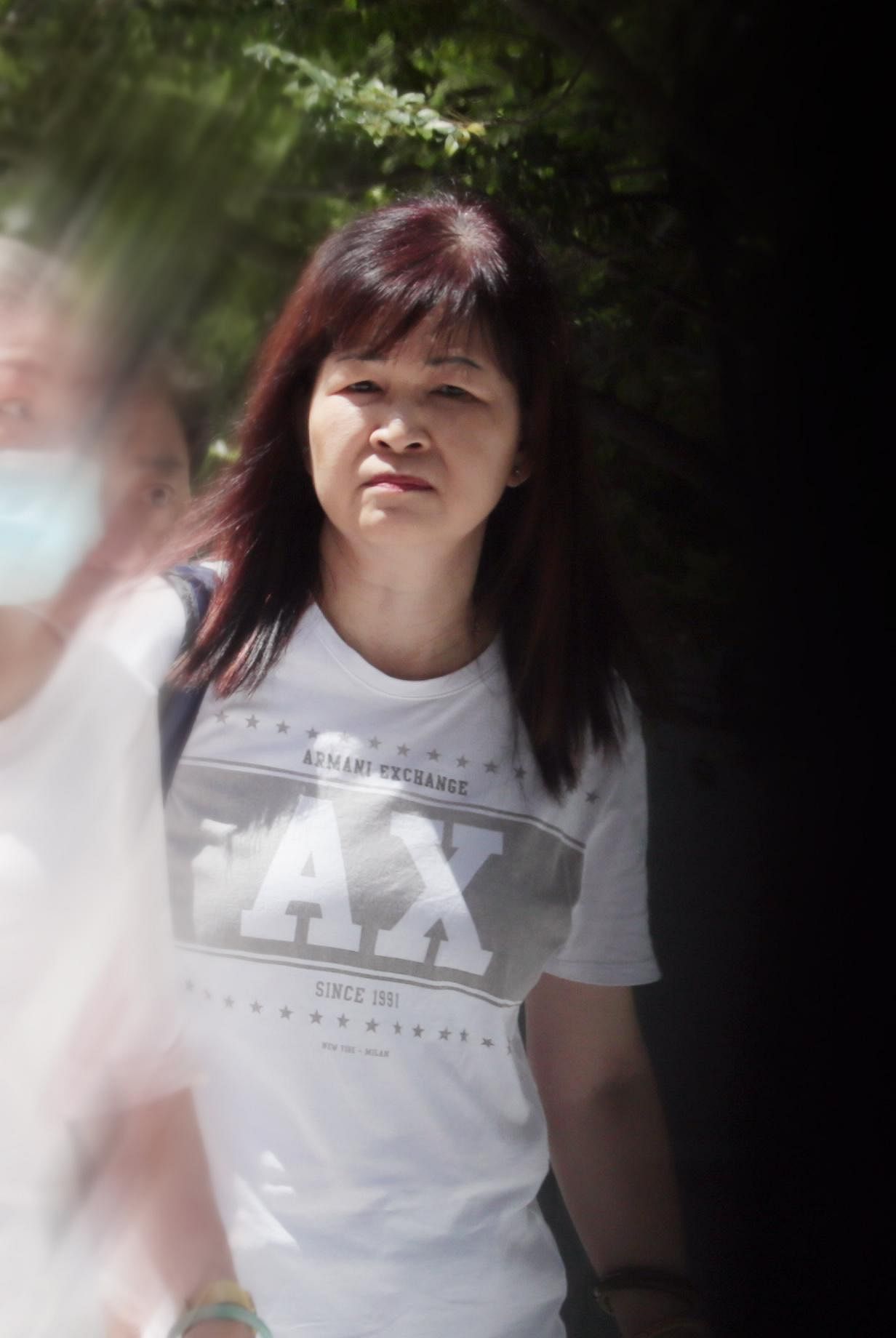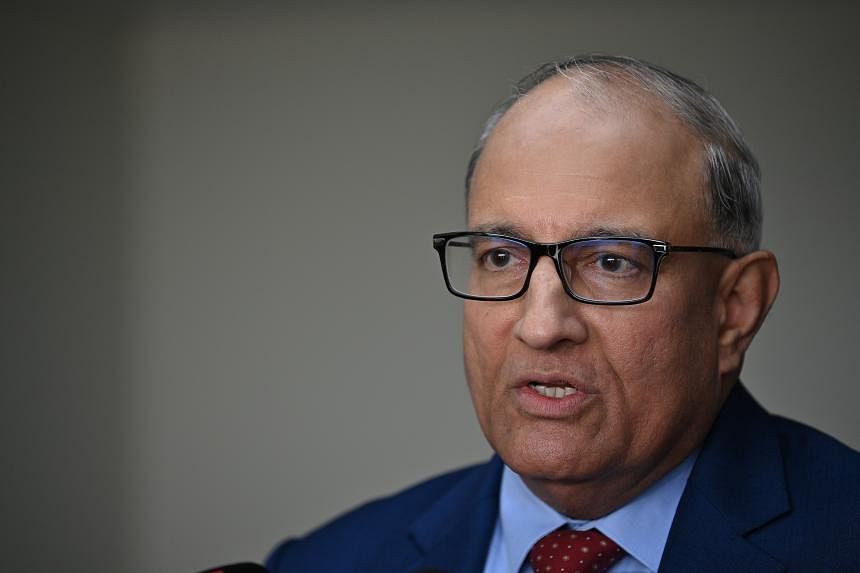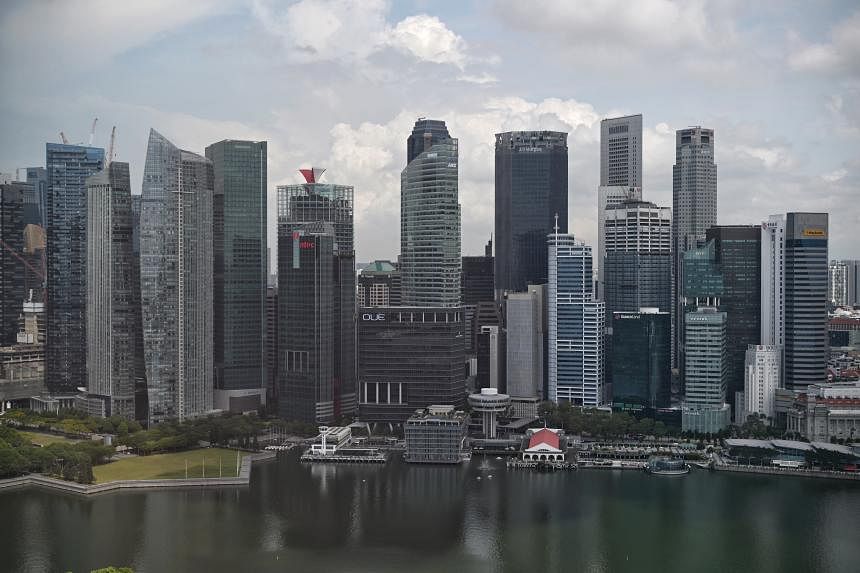SPH Media circulation saga: 8 key findings and what went wrong
The findings led legal advisers from Allen & Gledhill and the committee to agree that some of the matters could constitute offences. ST PHOTO: DESMOND FOO
Jean Iau
June 21, 2023
SINGAPORE - Singapore Press Holdings (SPH)
overstated its daily circulation numbers, among other findings, a report by SPH Media’s audit and risk committee showed on Wednesday.
These findings led legal advisers from Allen & Gledhill and the committee to agree that some of the matters could constitute offences, and that
a police report ought to be filed.
The names of individuals and companies involved in the findings were redacted in
the report.
Here are the key findings by the legal advisers.
Areas where potential offences could have been committed
1. The Newspapers in Education (NIE) Fund and bulk copies
Bulk copies were understood by those interviewed to mean non-subscription-based news publications sold and distributed at a discounted rate or for free in large numbers.
These copies would be bought or sponsored by corporate customers, or paid for out of the NIE Fund at a heavily discounted rate.
While the details of who and when the fund was set up could not be confirmed, it dated back to as early as 2000.
It was set up to pay for the distribution of bulk copies to students, needy families, halfway houses and charities to increase SPH publications’ readership.
This practice was common knowledge. Management reports by the circulation division that were presented to the chief executive and board referred to “bulk” and “booster” copies. Booster copies were understood to be used to increase circulation numbers.
Revenue into the fund came from packages sold under an education deal, a third-party contract, the sale of PSLE Oral Guidebooks, journalism workshops conducted for schools, editorial write-ups and roadshows or promotional events for smaller advertisers.
Some clients were not aware that the money they paid to SPH would be used to buy bulk copies.
The bulk copies shored up circulation numbers in SPH’s annual reports, cushioned the fall in print circulation numbers, and allowed the circulation division to meet key performance indicator targets.
These targets relating to circulation numbers were discussed with senior management and approved as part of the then listed company’s annual budget.
The number of NIE bulk copies would usually be the highest in August as these numbers would be used in SPH’s annual report.
In recent years, more digital NIE bulk copies, which cost less than print copies, were added to cushion the fall in print circulation and maintain circulation numbers.
The fund was closed in May 2022 following the discovery of the overstatement of numbers in March that year.
The board did not appear to be aware of the operational aspects of the fund, and only the circulation division seemed to know about the source of money paid into the fund.
What was wrong: In August 2021 alone, bulk copies through the NIE Fund which were reported but not distributed accounted for 49,000, or more than half, of the overstated average daily circulation number.
Printing and distributing bulk copies to third parties is not illegal or prohibited under the rules of the Audit Bureau of Circulations (ABC) Singapore.
However, copies cannot be counted if they are returned, unsold or undelivered.
This means that the circulation numbers in SPH’s annual reports for FY2020 and 2021, and the biannual and annual submissions to the Infocomm Media Development Authority (IMDA) and SingStat were inflated.
Those who knew about the overstatement of circulation numbers and that the bulk copies that were not delivered but yet reported were from the circulation division.
No evidence suggests that the board or senior management, aside from one individual whose name was redacted, were involved.
There are also grounds to suggest improper accounting of the NIE Fund as financial reporting standards require that an entity recognise revenue when it satisfies its obligations under a contract with a customer.
However, some money earned from customers were booked into the NIE Fund as liabilities instead of revenue.
Likewise, the NIE bulk copies which were not sold or distributed in a transaction with a third party should not have been recognised as circulation revenue.
2. X Barter Deal
Between 2013 and 2022, SPH had a barter, or exchange, agreement with a news company identified only as X.
The arrangement involved X providing its e-paper digital subscriptions to SPH in exchange for 10,000 Straits Times (ST) and 5,000 Business Times (BT) digital subscriptions.
Only seven digital codes for ST and BT were accessed during an 18-month period ended July 29, 2022.
The amount paid to X by SPH and vice versa offset each other, and no real cash changed hands.
The deal aimed to expand SPH news publications’ outreach and distribute them in other jurisdictions at zero or low real costs. The deal also sought to promote the publications locally by building subscriptions with complimentary access to foreign news publications.
While the board was aware of the existence of barter deals, there is no evidence that they were told of the operational details of these deals.
What was wrong: While barter deals between media organisations are legitimate and long-established practices and not, in and of themselves, improper, the barter deal could have evolved into a questionable arrangement if entered into for the sole purpose of inflating circulation numbers and revenue without a genuine intention to execute the arrangement.
Red flags in the X Barter Deal include unexplained variances in the terms and conditions of the deal, and the absence of evidence showing the distribution of the digital activation codes.
If the deal was not a genuine arrangement, the corresponding revenue and expenses should not have been recognised, and the circulation numbers should not have been counted.
Other findings from the investigation
3. School copies
SPH publications were supplied to schools under two arrangements.
Under the first deal, SPH supplied secondary schools with a print and digital package of both the IN Paper and ST.
For FY2020, an employee directed the circulation division to stop printing and delivering ST print copies to schools at the schools’ request, but to continue reporting these copies as part of ST’s print circulation numbers.
No ST print copies were in fact printed or delivered under this deal from FY2020 onwards.
The following year, the package was revised to exclude the ST print copy, leading to a reduction of 1,900 daily circulation numbers for ST print copies. However, the circulation division was directed to use the NIE Fund to print more print copies to plug the gap in circulation targets for that financial year.
The circulation division continued to print copies of the IN Paper, when schools wanted only the digital copy. Printed copies of IN Paper were delivered to an SPH warehouse in Kaki Bukit and disposed of.
The second arrangement involved reading-corner print and digital copies of SPH news publications placed in tertiary schools.
During the Covid-19 pandemic, when schools requested to pause the delivery of print copies for their reading corners owing to school closures, these copies were still printed, sent to the Kaki Bukit warehouse, and eventually disposed of or stored and redistributed later.
However, these copies were included in SPH’s reported circulation numbers.
The number of copies that were sent to Kaki Bukit during the school closures and disposed of is not known.
The report said there was no available evidence that the SPH’s board or its senior management, aside from some redacted names, knew about the issues surrounding the school copies.
4. Avatar copies
“Avatar” was understood among interviewees who were aware of the term to mean “throw away”.
It referred to the NIE bulk copies and the reading-corner copies which were not distributed during the school closures but instead disposed of.
The bulk copies were stored in the print centre, and on the instructions of the circulation division, shredded and sold to a third-party waste collector.
They were also delivered to the client at a later date, or delivered to halfway houses and charities in case of audit checks.
The reading-corner copies were printed during school closures and delivered to Kaki Bukit, and some were eventually disposed of.
It could not be determined when the practice of disposing of print copies started, how many print copies were not delivered and instead disposed of, or how many copies were delivered to clients, halfway houses or charities.
Only employees in the circulation division knew about “Avatar”. There is no evidence to suggest that the board was aware of the practice of disposing print copies or the term “Avatar”.
5. Y deal
From 2013 to March 2022, an entity identified only as Y paid SPH royalty fees monthly to print and distribute 5,000 daily copies of ST.
These were reported as part of SPH’s circulation numbers even after the arrangement ended in February 2021.
As instructed by an unnamed individual, Y was charged a nominal sum from November 2021 onwards to allow the 5,000 copies to continue being reported in SPH’s circulation numbers.
6. Airline copies
From October 2018, an unnamed airline had an arrangement with SPH where it paid SPH each month for unlimited digital downloads of various SPH media and news titles such as ST, BT, Lianhe Wanbao, Shin Min Daily New, Lianhe Zaobao, Berita Harian and Tamil Murasu.
About 2,500 daily digital copies were reported in SPH’s circulation numbers, although only about 110 to 220 copies were downloaded daily.
7. Agency subscriptions
SPH had an agreement with two agencies from Oct 1, 2019 to Sept 30, 2022, where it supplied about 4,500 digital coupon passes to each agency for a three-year access to ST online on the smartphone app and Web browser at a certain price.
Due to system constraints, two subscription codes were created per pass, with one subscription recorded at full price and the other at a 100 per cent discount, resulting in a double-counting of digital copies reported in the circulation numbers.
8. All-in-one subscription packages
These packages were introduced in 2011, and provided subscribers with print and digital copies. Around 2016, some subscribers asked that the print copies not be delivered, but still paid the same amount for the package.
SPH continued to print these copies, which were likely disposed of, and reported them in its circulation numbers.
